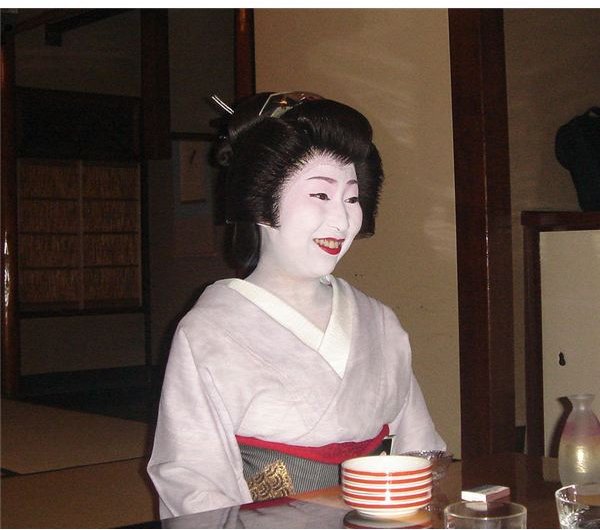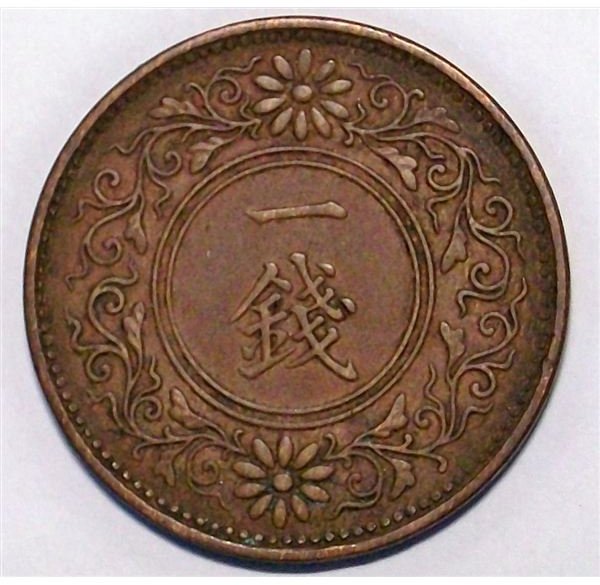Japanese Business Culture in the Western World: An Overview
Miyamoto Musashi’s 1643 book “The Book of Five Rings”, provides valuable insights into the Japanese approach towards business. The basic qualities that underlie Japanese business are practicality, trust, respect, solidity, substance, loyalty, courage, simplicity, brevity, calmness, tolerance, patience, perseverance, and wisdom. Such traits allow taking difficult decisions easily and accept bad news with ease.
A Historic Perspective
Japan has traditionally remained isolated, and it is during post World War-II times, when the Americans entered Japan in a large way, that Japanese management concepts gained popularity in the western world. The adoption of concepts such as Lean, Six Sigma, Kaizen, Just in Time, Jidoka, Shojinka, Soikufu, Total Quality Management and others, required a greater awareness of Japanese business culture. The fact that such concepts helped many western corporations achieve remarkable turnarounds, kindled an interest in the business culture of Japan even more.
Kaizen as a Philosophy
Ingraining the workforce with an enthusiasm for learning aimed at continuous improvement, is one of the most noticeable influences of Japanese business culture in the western world.
The western culture generally confined learning to schools and universities, and remained guided by the philosophy “If it ain’t broke, don’t fix it". Product improvements depended on finding faults and rectifying such faults. The Japanese philosophy of kaizen, or continuous improvement, holds the quest for quality or improvement as unending and a continuous exercise; for no matter how good a thing is, the possibility of further improvements always exist. Kaizen makes the quest for improvements and better quality a continuous and lifelong exercise.
Teamwork
The business culture in Japan stresses teamwork or collectivism, which ranks in stark contrast to the sense of individualism that stems from individual liberty and freedom espoused by western culture. The influence of such a culture on the western world has led to the rapid popularity of teamwork, and the accepted management best practice now, is to value team work over individualism.
Japanese corporations place high importance on teamwork based on their philosophy of “wa”, or group harmony, that holds the value of the greater good, as more important than valuing individual needs. Most of the Japanese management percepts require a collaborative approach.
The Japanese apply “wa” with the inferior partner in the relationship, which is the workers in the corporate context, allying their personal wants, thoughts, and opinions to that of the superior partner. This concept manifests in the present day trend of western corporations seeking organizational success, by ensuring an individual-organizational fit, and creating homogenous teams that espouse corporate values.
Participative Management
The concept of participative management traces its roots to the business culture in Japan.
Japanese corporations have a tradition of “ringi-sei”, or circulation of consultative memorandums, to elicit the views of employees and take decisions through consensus, even though the final decisions remain in the hands of the chief executive or the director board.
Initiatives such as promoting collective decision making, employee suggestion schemes, and others, can trace their origins to the Japanese philosophy of “ring-sei".
Another Japanese philosophy that has stuck in the western world is “soikufu”, or creative thinking. The Japanese encouraged employees to apply creativity in their work, and western corporations now harp on the benefits that creative thinking can bring to enterprises.
Human Resource Development

The change in approach from Personnel management to Human Resource Development, wherein the employees of an enterprise rather than being considered as just another resource such as land or capital, are now seen as a valuable source of competitive advantage to be nurtured, is also a manifestation of the influence of Japanese business culture.
The concept of “amae”, or protection to the employee, is rooted in the business culture of Japan. With “amae” the employer takes up direct responsibility for the welfare of the employees, and provides them with higher pay and enhanced benefits, such as free housing based on the employee’s tenure in the company, while still rewarding outstanding performance.
While western corporations still adopt pay for performance, or pay for results, rather than pay for seniority, the trend of employers investing in the employees training and development needs, providing them with benefits, and trying to retain talent through a host of initiatives and facilities all bear influence to “amae.” Many leadership styles such as servant leadership also owes its roots to this approach.
The Japanese also practiced “Shojinka” or flexible workforce. Initiatives such as multi-tasking, job enlargement, job enrichment, and others, aimed at workplace flexibility in western corporations, bear a striking similarity to such Japanese management concepts.
Japanese corporations prefer hiring fresh graduates, training them, and molding their culture to fit the organizational culture. They also have mentors to help new graduates learn their positions, and the concept of mentors is now all the rage in western corporations. Western corporations now consider the need to achieve a fit between individual values and culture, and organizational values, as indispensable for success.
Japanese workers remain loyal to the company and socialize with their business co-workers to establish credibility and friendships. While the concept of life long employment with a company is not unknown in western culture, more and more companies realize the benefits of after hours socializing among employers as a means to improve teamwork and communications.
The large scale adoption of business culture prevalent in Japan by the western world notwithstanding, not all aspects of Japanese business culture find acceptance in the Western world. For instance, in is rare in Japan for someone to change careers mid-life. Again, the Japanese consider “tatemawe” or appearance, as more important than “hone” or reality. In Western business culture, this ranks as hypocrisy.
Reference
- University of Florida. “Organizational Structure of Businesses.” https://iml.jou.ufl.edu/projects/Spring01/Newsome/structure.html. retrieved April 22, 2011.
- CNN Money. “Japan’s Influence on American Life.” https://money.cnn.com/magazines/fortune/fortune_archive/1991/06/17/75150/index.htm. Retrieved April 22, 2011.
- “The Samurai of Japan.” https://www.mv.com/ipusers/smg/Samurai%20Essay.htm. Retrieved April 22, 2011.
Image Credit:
- Page 1: fotopedia.com
- Page 2:fotopedia.com
